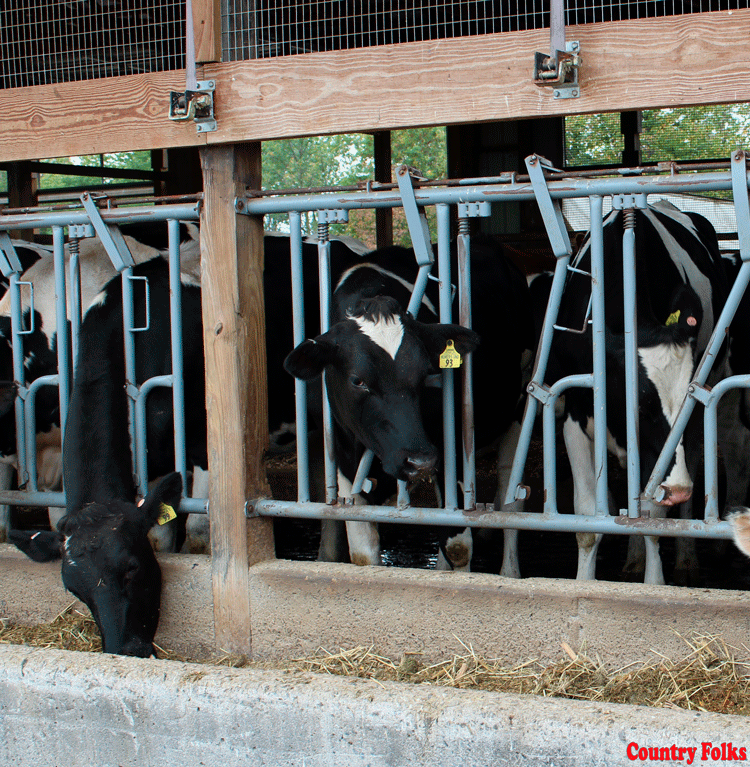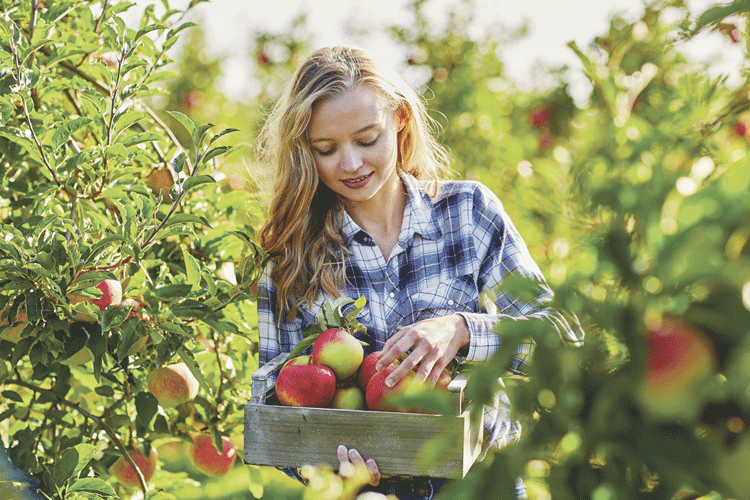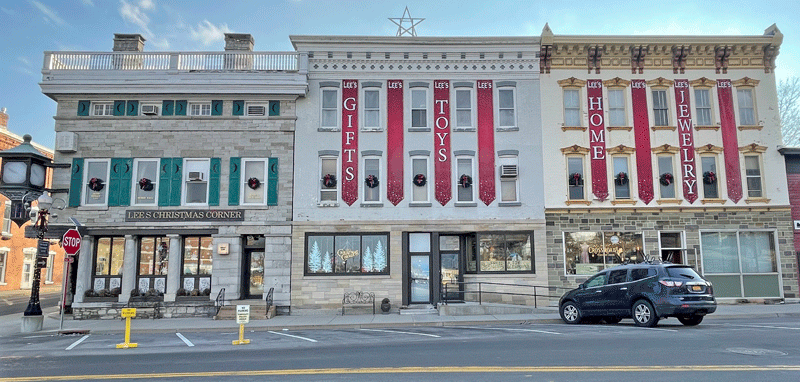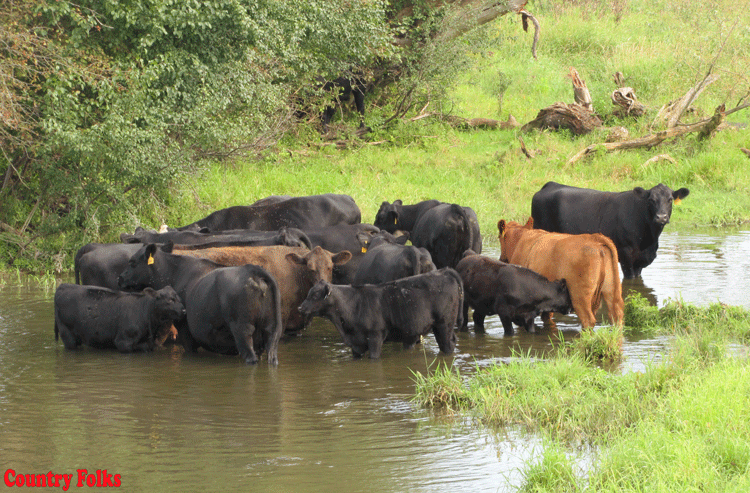 by Lorraine Strenkowski
by Lorraine Strenkowski
The Future Farmers of America has been traditionally linked to Vocational Agricultural centers in our high schools. According to www.ffa.org, 91 percent of FFA members are currently enrolled in grades 9-12, and are “challenged to real-life, hands-on tests of skills used to prepare them for more than 300 careers in the agriculture industry.” The National FFA Organization also puts a high priority on leadership, business, social and speaking skills.
During her high school years, Aubrey Desjarlais was one of the students who made up the 44 percent of the female population in the FFA. She had started raising Southdown sheep when she was just seven years old. Within a few years she bought her first Hampshire. With her mother on board, Aubrey decided to get Lincolns, and she has kept both them and the Hampshires ever since.
In Aubrey’s Vocational Agricultural program, each student had to retain a working project throughout the four years. Aubrey’s was already in place — her sheep. At this time, the business and leadership skills of the FFA program could easily be integrated into her life. As a high school sophomore, Aubrey started Hickory Hill Hamps. Every aspect of this business was hands-on. She started by researching nutrition and breeding options that would influence lamb carcass and wool quality.
Showing her flock at local and state fairs provided an arena to advertise. Aubrey sells her prize-winning sheep for show animals, pets or meat. Lamb can be ordered live or butchered, along with various wool products. Aubrey and her mother both can spin wool into yarn, and are both adept at knitting. With these skills showcased to a large audience, her business began to grow. Aubrey graduated from E.O. Smith High School in 2006 and continued on to the University of Connecticut (UConn).
Fellow FFA member Austin Grabber attended Lebanon Regional Agricultural Science & Technology Center. His working project was raising a pair of steers, training them on yoke and then entering the ox pull at local fairs. Once again, the business skills of the FFA came into play. Austin started Grabber Cattle Company in 2003 as a sophomore, and graduated high school in 2006. He met Aubrey during his freshman year at UConn. Although growing up in their own separate parts of the state, Austin and Aubrey’s stories mirrored each other. Now committed to their studies in breeding, raising and making a profit in the industry, they gravitated towards the same classes and clubs.
In 2009, as a college juniors, the couple’s small business started to take shape. During a school trip to the Block and Bridle National Convention in Texas, they visited a Brangus Ranch. Upon returning home, they decided to try incorporating the Brangus cross into their diversified herd, due to the Brahmans ability to convert poor quality feed and the high quality of the Angus carcass. After purchasing and breeding their first Brahma heifer in the summer of 2013, the couple welcomed their first Brangus bull calf. Currently their herd consists of Hereford, Galloway, Angus and Brahman crosses.
Having graduated Uconn with Bachelors of Science degrees in 2010, they are proud owners of a farm in Windham, CT — a 35-acre former chicken farm with 15 acres of workable land. The large two-story coop houses the cattle and pigs, and with further renovations will house the sheep as well. The second story is used for hay storage. Austin and Aubrey are adapting the building to suit their needs. “It’s a work in progress.” Grabber states. “I try different ideas for partitioning stalls, and only until it proves successful, will I make it a permanent fixture.”
Hay is made on the farm, and with the addition of approximately 12 acres of hay lots nearby, the couple is able to support their needs. Stalls are cleaned twice a day at feeding time. Interlocking retaining wall blocks were placed to create a manure bunker. Austin spreads the manure on his own property and also the neighboring fields. A workshop on the grounds provides a dry place for equipment storage and repair.
Both Austin and Aubrey credit their success to their education. “Majoring in animal science has given us the knowledge to create a better product, both in breeding and in health. Being an FFA member taught commitment. It all works together,” says Grabber. “However, staying successful for us requires a close eye on herd sizes. We stay very small and will increase according to demand; however we do raise pigs throughout the year and sell them as piglets, butcher hogs or freezer pork.”
“Diversity is key,” Aubrey explains. “We supply our market with local meats, which we offer live to freezer ready. Our customers can also request specialty cuts.” The couple is hoping to have the farm eventually be their sole source of income. “In stages,” says Austin. “First if it can support itself (animals/feed), then the household (mortgage/bills) and finally a family. That’s the goal.”









Leave A Comment